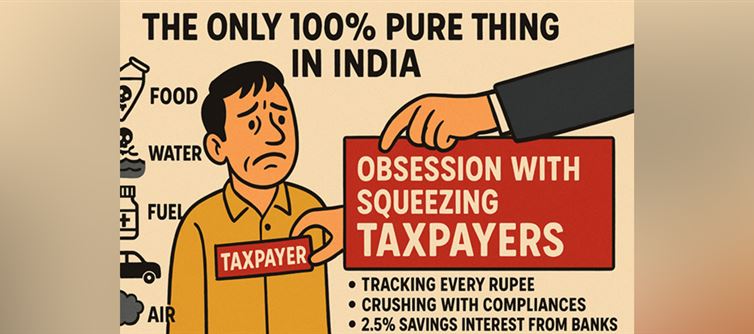
Here’s how this “purity” manifests in everyday life:
1. Food: Laced with Adulteration
From pesticide-laden vegetables to chemical-ripened fruits and milk diluted with detergents, indians rarely know if what they eat is safe. Food safety laws exist, but enforcement is weak and corruption rampant.
2. Water: Unsafe at the Source
Despite massive government schemes, potable tap water is a luxury in most towns and villages. Millions rely on bottled water—ironically another industry infamous for mislabeling and contamination.
3. Medicines: Fake and Dangerous
Reports of counterfeit drugs and expired medicines in circulation highlight a public health crisis. Regulatory bodies appear more reactive than preventive, leaving patients at risk.
4. Air: Breathing Poison
India’s cities consistently rank among the most polluted in the world. Toxic smog, unchecked construction dust, and industrial emissions choke millions daily, while promises of “clean air” remain election-time rhetoric.
5. Fuel: Dilution at the Pump
Petrol and diesel, already among the costliest due to heavy taxation, are often adulterated. Citizens who pay premium prices for fuel frequently end up battling engine damage and pollution.
And Then Comes the “Pure” Obsession
While purity is absent in essential goods and services, the government’s focus on taxpayers is absolute:
• Every Rupee Tracked: From salary slips to bank transfers, wallet PLATFORM' target='_blank' title='digital-Latest Updates, Photos, Videos are a click away, CLICK NOW'>digital footprints ensure not a paisa escapes oversight.
• Compliance Overload: Income tax filings, GST returns, advance tax payments—layers of paperwork smother small businesses and salaried workers alike.
• Tax on Everything: Petrol, electricity, tolls, GST on basic items—if you spend, you’re taxed. If you save, even a meagre 2.5% bank interest is taxed.
• No Relief, Only Burden: Middle-class indians find themselves trapped—too “rich” for subsidies, too “poor” to escape the grind, and too honest to evade taxes.
The Bitter Irony
India may never guarantee 100% purity in food, water, air, fuel, or medicine, but it enforces 100% compliance and accountability on taxpayers. The state’s priorities are clear: revenue collection is sacred, citizen welfare is negotiable.
Until governance flips this equation—treating citizens not as cash cows but as stakeholders—the middle-class indian will continue to breathe poison, eat adulteration, and live in compromise, all while paying with 100% purity.




 click and follow Indiaherald WhatsApp channel
click and follow Indiaherald WhatsApp channel